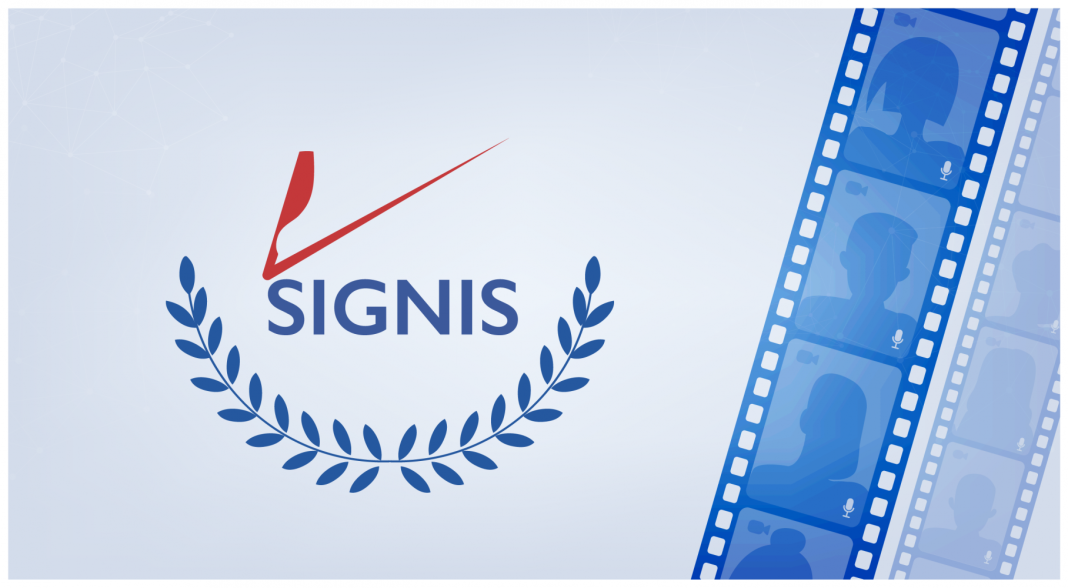Since 1947, SIGNIS has been a bridge between the Catholic Church and cinema professionals by participating in international juries at film festivals. Today, SIGNIS organises juries in more than 30 film festivals worldwide, from the best-known, such as Cannes, Berlin, or Venice, to more specialised festivals, such as Mar del Plata, Zanzibar or Tehran.
For films festivals, 2020 was an extraordinary year. Faced with lockdown and gathering restrictions, organisers had to adapt quickly to the new reality, finding innovative ways to keep festivals alive. And so, cinema was celebrated mostly digitally.
Theo Peporté, president of the Ecumenical Jury at the Cottbus Film Festival, tells us about his experience at the festival, which marked its 30th anniversary with a first full online edition.
How did you talk and connect with your fellow Jury members, and on how many occasions did you meet?
Théo Peporté: We met online four times. The first three were to discuss the films we had to watch each week, and the last one was the final discussion to decide on the award. Fortunately, I already had a subscription to WebEx, and we were able to take advantage of this subscription without being limited on time.
I made sure to limit the meetings to one hour and moderate them well so that everyone had a chance to speak and in equal intervals, which my fellow Jury members appreciated. We had planned three hours for the last meeting, but we did not use them as we pretty much all agreed on the film that deserved to win the prize.
Could you tell us more about the film viewing process?
We had around a dozen films to watch, so I decided to split them into 3-4 films per week. The Cottbus Festival organisers conveniently sent us the Vimeo links for most of them. Also, they gave us a deadline of two weeks, which was plenty of time.
This was necessary because we were not in the conditions of a typical festival where you watch, on average, four films a day. Doing the same thing on a small screen at home is much more tiring. We were able to arrange our schedules to watch the films freely, and I watched almost all of them on my digital TV.
How was your personal experience overall?
I found the experience positive. Of course, what I missed was the atmosphere of the festival, the discussions with the participants, everything that happens informally. I wouldn’t say that I prefer this system, but it can work very well if everything is well prepared, as it was the case for Cottbus.
I particularly liked that the organisers invited all the jury members at the end of the festival. They mixed us into different groups and gave us ten minutes to discuss. This meeting between juries used to be organised face-to-face, and they wanted to keep that side of the festival. It was a very good idea.
What are your thoughts on the future of film festivals?
Of course, I hope for a return to festivals in front of the big screen. However, keeping a hybrid format, both in-person and online, would be a good idea, especially for smaller festivals. It would allow them to reach a broader audience that cannot always afford to travel. Also, given the difficult economic situation, some festivals may be forced to continue exclusively online. On the other hand, the bigger festivals should find it easier to return to a traditional format.


